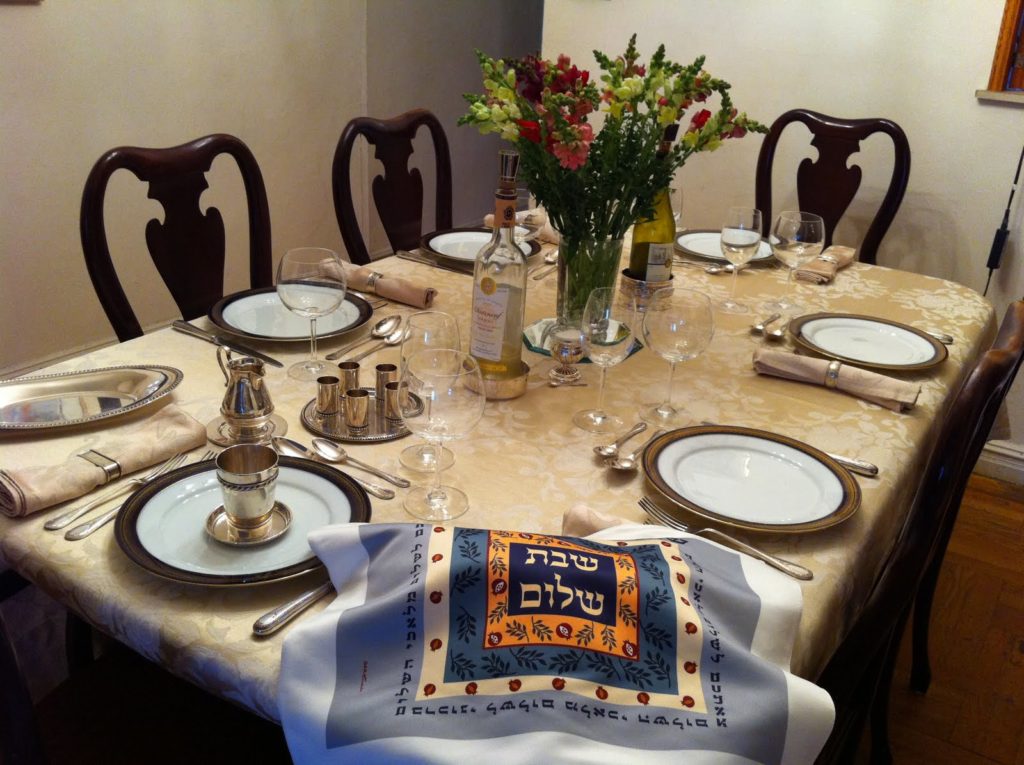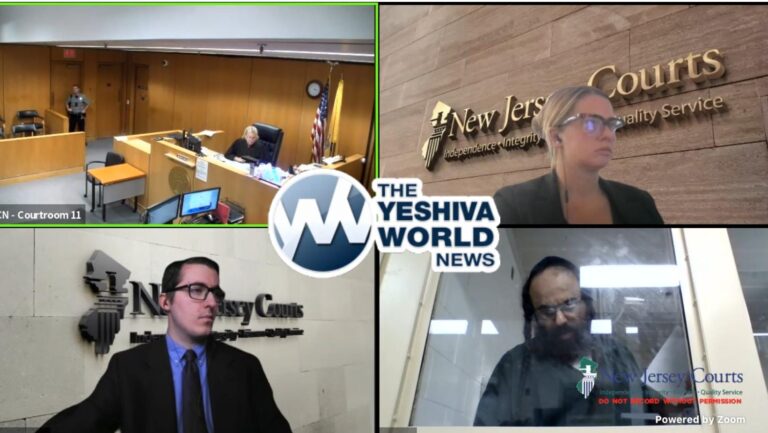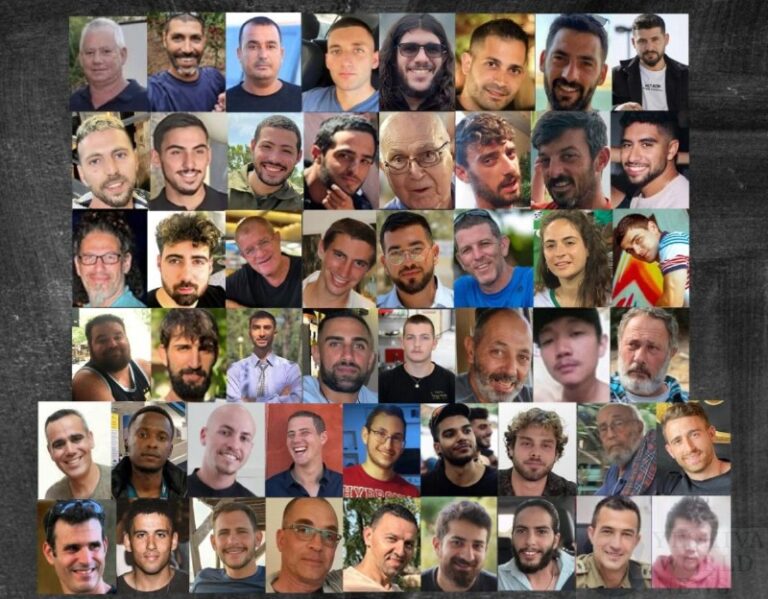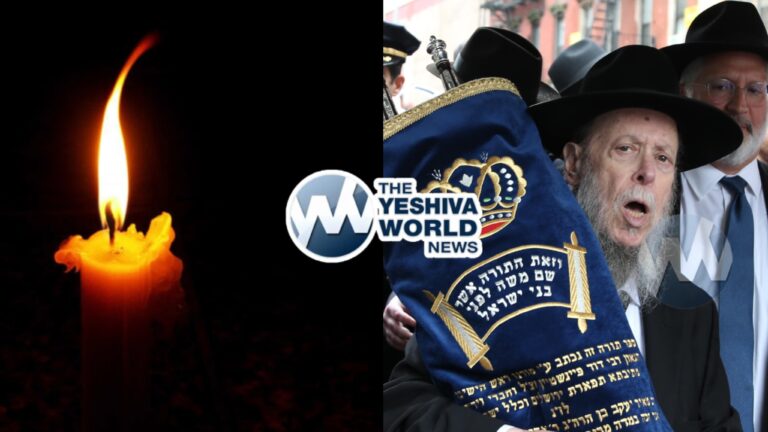(By Rabbi Yair Hoffman for the Five Towns Jewish Times)
This week is Shabbos HaGadol. One of the obligations incumbent upon the Rav is to go over some pertinent halachos in regard to the Mitzvos of Pesach. In this presentation, it is hoped that the reader will gain greater appreciation of two Mitzvos: the importance of the third meal on Shabbos and the tremendous Mitzvah of eating Matzah to satisfaction.
CHANGE OF ROUTINE
To accommodate both of the these Mitzvos, Jews throughout Chutz LaAretz will be changing their routines. Many will be davening earlier. And a number of others will be taking mid-Shabbos day walks. Here is why.
WHEN PESACH FALLS ON SHABBOS
As we all know, this year the first day of Pesach falls on Shabbos. On account of this, it is one of those years where we face a bit of a halachic-logistical quandary. The quandary exists only in Chutz la’Aretz, not in Eretz Yisroel. Here is the issue.
THE PROBLEM
On the one hand, even though the first day of Pesach falls on Shabbos this year, we still eat the Shalosh Seudos meal. Eating this third meal on Shabbos is, in fact, an obligation (See Shulchan Aruch OC 290). It is one that is incumbent upon women too.
The Gemorah (Shabbos 117b) records a debate between the Chachomim and Rabbi Chidka as to whether one must have three meals on Shabbos or four meals. Rabbi Yochanan points out that both views are based upon a pasuk in Shmos (16:25) which employs the word “Yom” three times. It is understood that the word Yom signifies a meal. The debate revolves around whether the previous evening is to be counted among the three or not. The Gemorah ultimately rejects the view of Rav Chidka that four meals are required.
THOSE THAT HOLD IT IS FROM THE TORAH
Rav Eliezer of Metz, author of the Sefer Yereim is of the opinion that eating Shalosh Shiddas is a Torah Mitzvah (Yereim 92). The TaZ (OC 678:2) is also of the opinion that the obligation to eat Shalosh Shiddas is Biblical – and that it must be fulfilled with bread (274:4). He is of the opinion that Shalosh Shiddas bread, a Torah Mitzvah, beats out Kiddush wine or Chanukah candles, a Rabbinic Mitzvah.
THOSE THAT HOLD IT IS FROM THE RABBIS
Interestingly enough, Rabbeinu Tam, the Rebbe of Rabbi Eliezer of Metz, is of the opinion that Shalosh Shiddas is Derabanan (See Sefer HaYashar Teshuvos #74). The Minchas Chinuch 10:5 and Rav Shulchan Aruch (274:1) both hold that it is Rabbinic. The Mishna Brurah (291:1 and BH 262:2) writes that most Poskim hold that it is a Derabanan Mitzvah, but a powerful one because the sages based it on a Pasuk in the Torah.
SERIOUS OBLIGATION
The Mishna Brurah cites the statements of the sages that whomsoever fulfills the three meals on Shabbos is rescued from three very serious travails: The birthpangs of the times of Moshiach, the judgement of Gehenam, and the travails of the war of Gog.
In Shulchan Aruch Yore Deah (Siman 250) we are told that the community must provide the poor with enough for three meals on Shabbos.
We see then, that it is quite serious an obligation.
SAMUCH LAMINCHA PROHIBITION
On the other hand, there is another halacha that is applicable this year as well. It is forbidden to eat on Erev Pesach during the time that is called “samuch l’mincha” – which is after the tenth daylight hour (See Shulchan Aruch OC 471:1). The reason for this halacha is so that we will eat the Matzah with a hearty appetite. The timing this year in New York City is 4:12 PM
IS PESACH DIFFERENT THAN ANOTHER YOM TOV?
It should be noted that in 668:5 the Mishna Brurah explains that the word “forbidden” is not accurate – rather the intent is that there is a Mitzvah to refrain from establishing a set meal as in Shulchan Aruch 249:2. Regarding Pesach, however, he (MB 471:16) writes that it is forbidden.
Rav Moshe Feinstein zt”l addresses the issue in Igros Moshe III #68 and writes that the distinction lies in Matzah – in other words regarding Matzah it is more than a Mitzvah, but a prohibition. The problem is that the Mishna Brurah in 471:16 extends it to all other second day Yom Tovim. Rav Feinstein provides an explanation for the contradiction.
The problem is more often discussed when Erev Pesach falls on Shabbos, but it is also a problem when Pesach itself falls on Shabbos. As an aside, it is interesting that the second night of Pesach is a Rabbinic obligation, but we are somewhat curtailing our eating on a day that is a Torah obligation. But still let us examine how people handle the problem.
SOLUTIONS
DO EVERYTHING EARLY
What some people do is they make sure to daven Mincha earlier than they usually do and make sure to bentch by this time. That is no more eating after 4:12 PM.
SPLIT THE MEAL
Others daven somewhat earlier than they usually do and split up the morning meal. One possible problem with this approach is that if they are splitting the meal before Chatzos (12:59 this year in New York City), there are opinions that hold that one has not fulfilled the obligation of Shalosh Seudos if it is eaten before Chatzos (See MB 454:8). Thus, one should eat some sort of Pesachdika Mezonos after Chatzos as well.
When they do split up the meal they either daven Mincha (if it is possible to do so) or take a walk. So forgiving the headline – walking is just one way to fulfill the halachic quandary. It is important, even when splitting the meal to have fish and meat at meal number two and either fish or meat at meal number three.
The minimal amount that must be eaten is slightly more than two k’zaisim of bread – less than that is considered Achilas Arai. We must bear in mind that the meal was given for enjoyment and not for Tzaar.
The author can be reached at [email protected]
(YWN World Headquarters – NYC)












2 Responses
It’s D’oireiso? The only time we bump into anyone eating a meal in Tenaach, is when King Saul made a Seuda for Rosh Chodesh. And Rosh Chodesh is a time when all nations used to make feasts, because they celebrated the birth of a brand new moon, because in the times before the Rishonim very one thought that the moon has its own light and gets fully extinguished and then gets ignited again by miracle.
Ader, what’s your point?